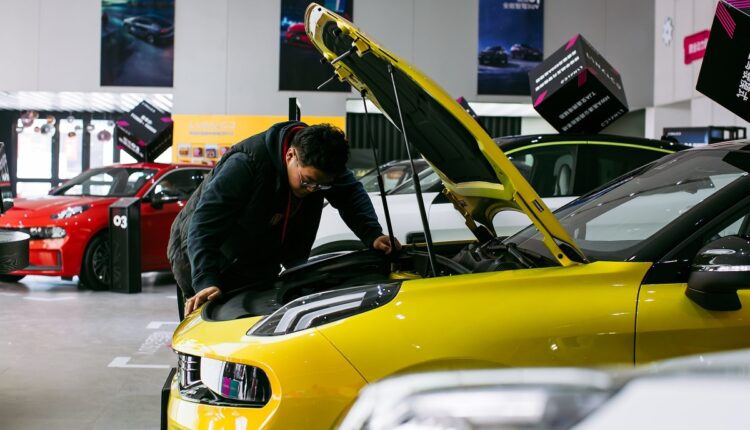The new regulations on the reduction of pollutants in the automotive sector in Spain could represent a very high cost in the order of 3,719 million euros per year.
Euro 7 is the new regulation aimed at reducing these emissions from combustion vehicles that would come into force in 2030 as a result of the prohibition on the sale of units that are not zero emissions.
However, car manufacturers have already warned that complying with the requirements will have an impact on the industry, with possible consequences such as factory closures and layoffs, in addition to implying an approximate cost of 3,719 million euros per year for companies like Seat. , Volkswagen, Renault, Ford, Mercedes Benz and Stellantis.
Wynne Griffiths, CEO of Seat and president of Anfac (National Association of Automobile and Truck Manufacturers) has indicated that in order to adjust to the requirements of Euro 7, vehicle prices would have to be increased.
The production of some models, such as a car, will rise considerably depending on the cost of the inputs used, the size of the model and the technology involved. On the other hand, producing a diesel will be 2,629 euros more expensive.
The adaptation of the engines to the new regulations is also another factor of concern, due to “the reformulation of the catalysts and the installation of automatic gearboxes, two measures that could require 800 euros per gasoline car and 1,100 per manufactured unit diesel-powered.”
The European Commission admits, in a way, the problems that compliance with Euro 7 would generate, since “it estimates that the increase in manufacturing costs will be between 180 and 450 euros for passenger cars and vans and 2,800 euros for trucks and buses”, with estimated variations between four and ten times upwards.
Although the regulations are still under discussion in the European Parliament, countries such as France, Italy, the Czech Republic, Bulgaria, Hungary, Poland, Romania and Slovakia have already raised their voices regarding the cost that it would imply for car manufacturers to comply with the proposal, “already who consider it too ambitious and unrealistic for companies in the sector”.
M.Pino
Source: economiadigital.es
(Reference image source: Wu Yi, Unsplash)
Visit our news channel on Google News and follow us to get accurate, interesting information and stay up to date with everything. You can also see our daily content on Twitter and Instagram


